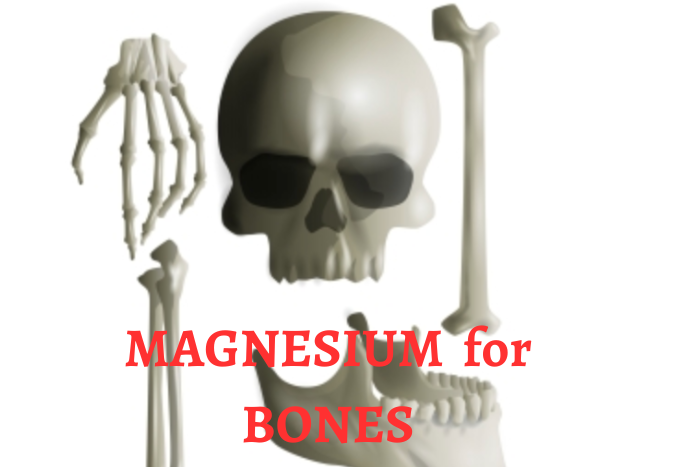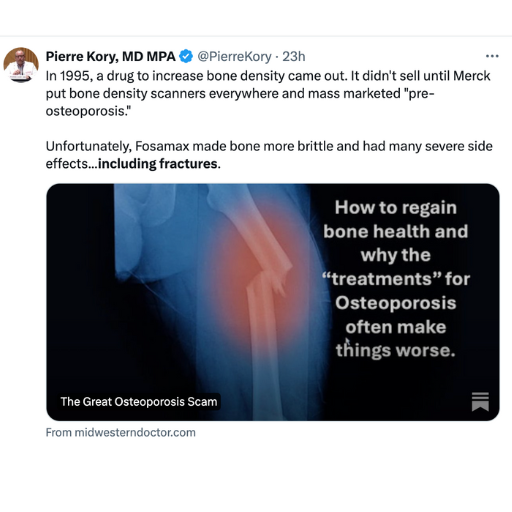
The magnesium importance is enormous. Magnesium deficiency is a common situation and brings unpleasant and harmful results to our bodies. The body does not produce magnesium. This mineral reaches us with diet. Unfortunately, plants and animals do not get magnesium from the soil in quantities beneficial for our well-being.
Magnesium participates in over 800 enzyme systems, helps with anxiety, panic attacks, relaxes muscles, participates in energy creation, supports the heart, and protects tissues and organs from unnecessary calcium overload.
What is magnesium?
Magnesium is a mineral found in Earth’s crust, eight by abundance. Our bodies have 4-6 tsp or 20-28 g or 2 oz of magnesium. Magnesium resides in nature with a joint account with other elements. Magnesium makes combinations with sulfur, carbon, with calcium.
- Magnesium plus sulfur will be Epsom salts.
- Magnesium with carbon will be magnesium carbonate.
- Magnesium with calcium will be dolomite.
Magnesium is an alkaline mineral that neutralizes acids.
Why is magnesium so important?
Magnesium participates as the cofactor in enzyme reactions. Enzymes run the body’s metabolism. Without enzymes, our body would shut down.
Magnesium regulates calcium flow to the cell and out of the cell. The calcium does not know when to go to the cell and when to move out. Magnesium is smarter. This mineral pushes calcium into the cell when the cell needs it — magnesium ushers calcium out of the cell when the cell is content with the amount of calcium. Of course, the magnesium does not work as a doorman in the building. It is a complicated mechanism. However, everybody who wants to dig deeper into the details of the body’s metabolism can take chemistry and biology courses and check Dr. Carolyn Dean’s website: www.drcarolyndean.com.
Magnesium and calcium relationship
We need twice the amount of magnesium compared with calcium. Unfortunately, people think they will scatter to pieces without enormous amounts of calcium. They take supplements and eat food where calcium is a common component.
Interestingly, calcium does not dissolve in the bloodstream or water. You whisk calcium hundreds of times in the glass of water, but it still is visible as white flakes. Only magnesium can make calcium disappear.
Previously I wondered why some individuals have bumps under the skin. It is not painful, but it is a bump. Who needs it?
The short story is that calcium without sufficient magnesium deposits in tissues. Later on, we have problems with blood vessels, breast tissues, etc. Uh!
Magnesium for active individuals

Magnesium helps athletes and everybody who exercises. Magnesium relaxes muscles and helps prevent lactic acid build-up after a strenuous workout.
Calcium contracts muscles. Magnesium relaxes. Without sufficient magnesium, we would have cramps, twitches, migraines, headaches, anxiety, and depression. Tissues of muscles are everywhere in the body. It can be a tiny thread of muscle cells, but they require magnesium too.
Breathing with magnesium
Magnesium aids asthma patients. We have small muscles in the airways. When an asthma attack occurs, airways spasm and do not let air inside. It is a terrible situation. Magnesium participates in relaxing muscles and eases symptoms of asthma.
Love your heart
Magnesium is anti-inflammatory. Magnesium deficiency leads to various problems, such as autoimmune and heart disorders. Heart disease is one number of murders between men and women—steroids used for a long time prompt heart disease. Of course, genetics and lifestyle influence adverse outcomes, but the usage of magnesium can change situations immensely. Do not believe me? Please read Dr.Carolyn Dean’s book The Magnesium Miracle.
No to headaches
Previously, I knew that magnesium works because I experienced positive effects twenty years ago when one guy bothered me till I got a headache. It was just 20 20-minute conversation because we met accidentally and went in the same direction. I excused myself and visited a pharmacy. It was a nice coincidence because I got rid of this talker and have been introduced to the healing effects of magnesium. My headache disappeared after twenty minutes. It was magnesium citrate.
Okay, it is enough personal experience. Let’s check what Dr. Carolyn Dean mentions in her book, The Magnesium Miracle.
How about statins?
Yes, Magnesium is a natural statin. Magnesium aids the balance of enzyme that makes cholesterol. Can you imagine what happens when we do not get magnesium from food? From where can magnesium come? The best way is to get 100 percent of absorbed liquid magnesium.
Happy golden years with magnesium
Magnesium helps prevent aging consequences such as irritation, extreme emotions, dizziness, fatigue, headaches, the sensation of a lump in the throat, anxiety, and light-headedness. Most seniors do not get whole nutrition in the same way as adults. Dr.Jean Durlach, a magnesium expert from France, pointed out that these previously mentioned symptoms happen when magnesium is deficient.
Do not worry; be happy
Depression touches millions of people. Chemicals used for relieving symptoms have plenty of side effects that can fill a long list. Okay, I am a veterinarian, and I know that prevention is the key to well-being. In China, the best doctor is a person who does not have such patients. How about it?
According to Dr. Carolyn Dean, studies reported that only 40 percent of antidepressants could work. Uh! Magnesium participates in serotonin release and uptake. You know that serotonin is a brain neurotransmitter that makes us feel good.
When stress depletes magnesium, depression can occur.
Conclusion
Magnesium is an essential mineral that is vital for body metabolism. Sufficient magnesium provides body support. The body functions and performs smoothly when it does not lack crucial minerals. However, we do not get enough magnesium with food. Most magnesium supplements have laxative effects. For some people, it is okay; for sensitive bodies, it can be a burden.
ReMag is a liquid magnesium formula that absorbs 100 percent and goes straight to the cell. There is no laxative effect. You can read about ReMag more here.
If you have some questions, please leave your comments below. I would be glad to answer.
















